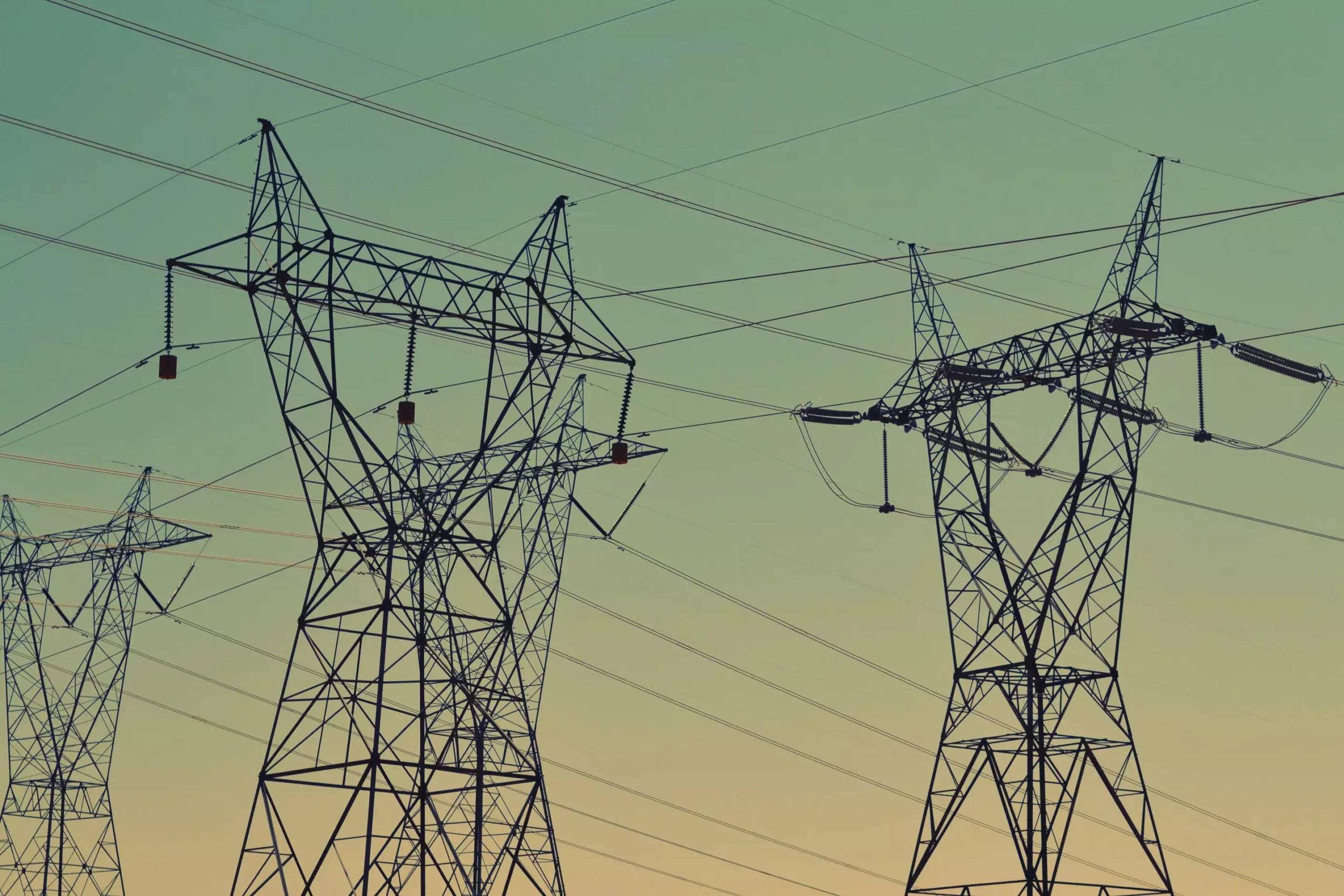Upon analyzing a recent study on global energy consumption and emissions, it is evident that manufacturing nations in the Global North are contributing to energy inequity by outsourcing energy-intensive industrial processes to countries in the Global South. This practice has led to a ‘false decoupling’ of energy consumption from economic growth, as Global North countries benefit from the advantages of capital and technology while stockpiling energy-related problems in the Global South.
One of the key findings from the study is the impact of backward production technologies in the Global South, which result in higher energy consumption per unit of output compared to the Global North. This disparity leads to greater carbon emissions and environmental damage, highlighting the need for a more balanced approach to global manufacturing practices.
The researchers stress the importance of collaboration between countries in both the Global North and Global South to address the energy inequities stemming from international trade. It is essential for policymakers to recognize the pivotal role played by certain nations in the Global South with export-oriented manufacturing economies and ensure equity in energy negotiations.
To mitigate the energy consumption disparities between the Global South and Global North, the researchers emphasize the need for technology advancement in the Global South. By improving energy efficiency and fostering regional collaboration, countries in the Global South can reduce their carbon footprint while enhancing their industrial processes.
Furthermore, the researchers call on companies and governments in the Global North to contribute technical support to enhance the efficiency of industrial processes in the Global South. By providing resources and expertise, the Global North can play a crucial role in promoting sustainable manufacturing practices and reducing global energy consumption.
The study highlights the urgent need for collaborative efforts to address rising energy consumption and achieve a more sustainable world. By utilizing the most up-to-date multi-regional input-output database, researchers have been able to identify the spatial pattern and driving forces of change for energy embodied in international trade, paving the way for informed policy decisions and global initiatives.
Addressing global energy inequity through sustainable manufacturing practices requires a collective effort from countries in the Global North and Global South. By acknowledging the impact of energy consumption disparities and taking proactive steps towards improving energy efficiency and promoting collaboration, nations can work together towards a greener, more sustainable future for all.


Leave a Reply